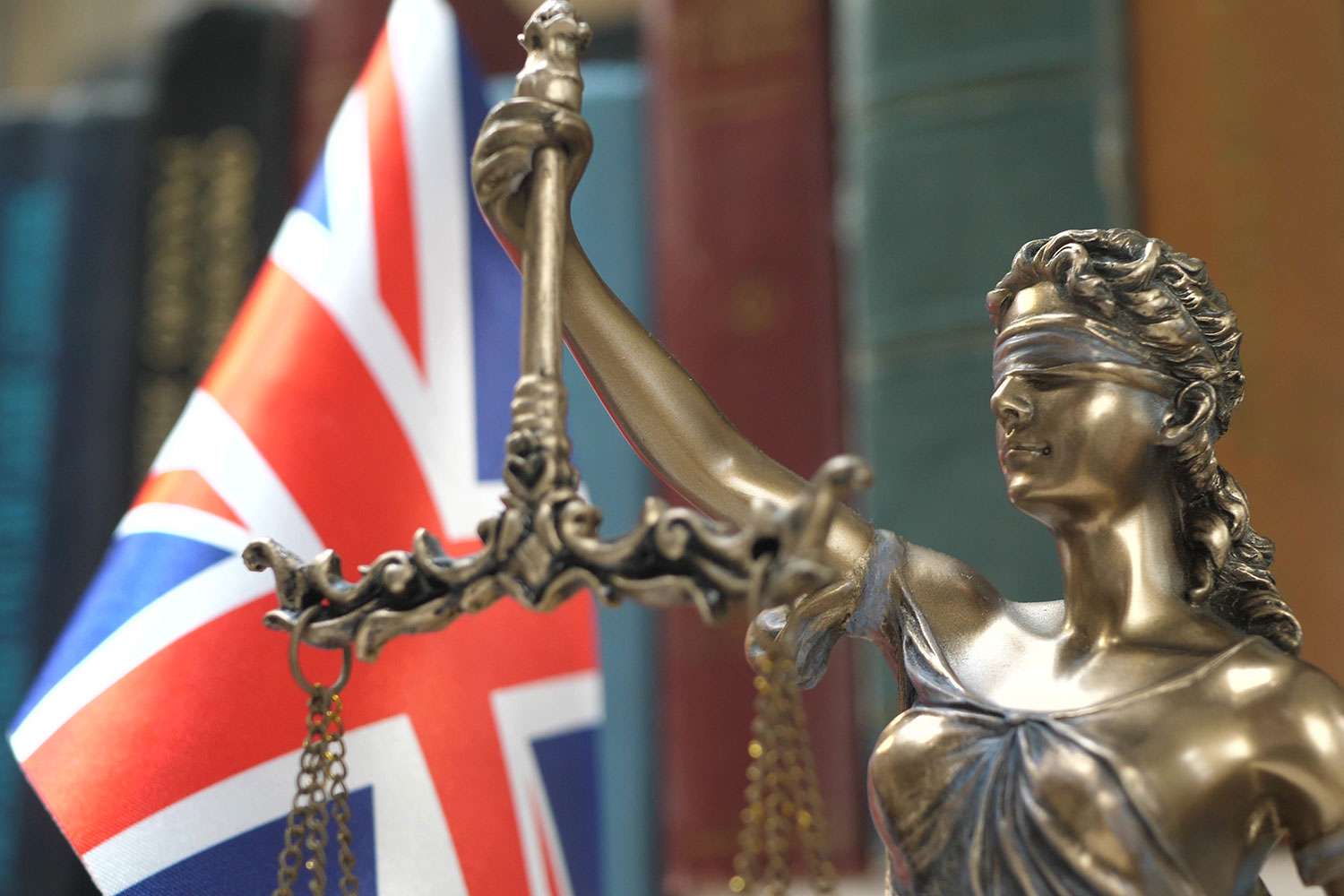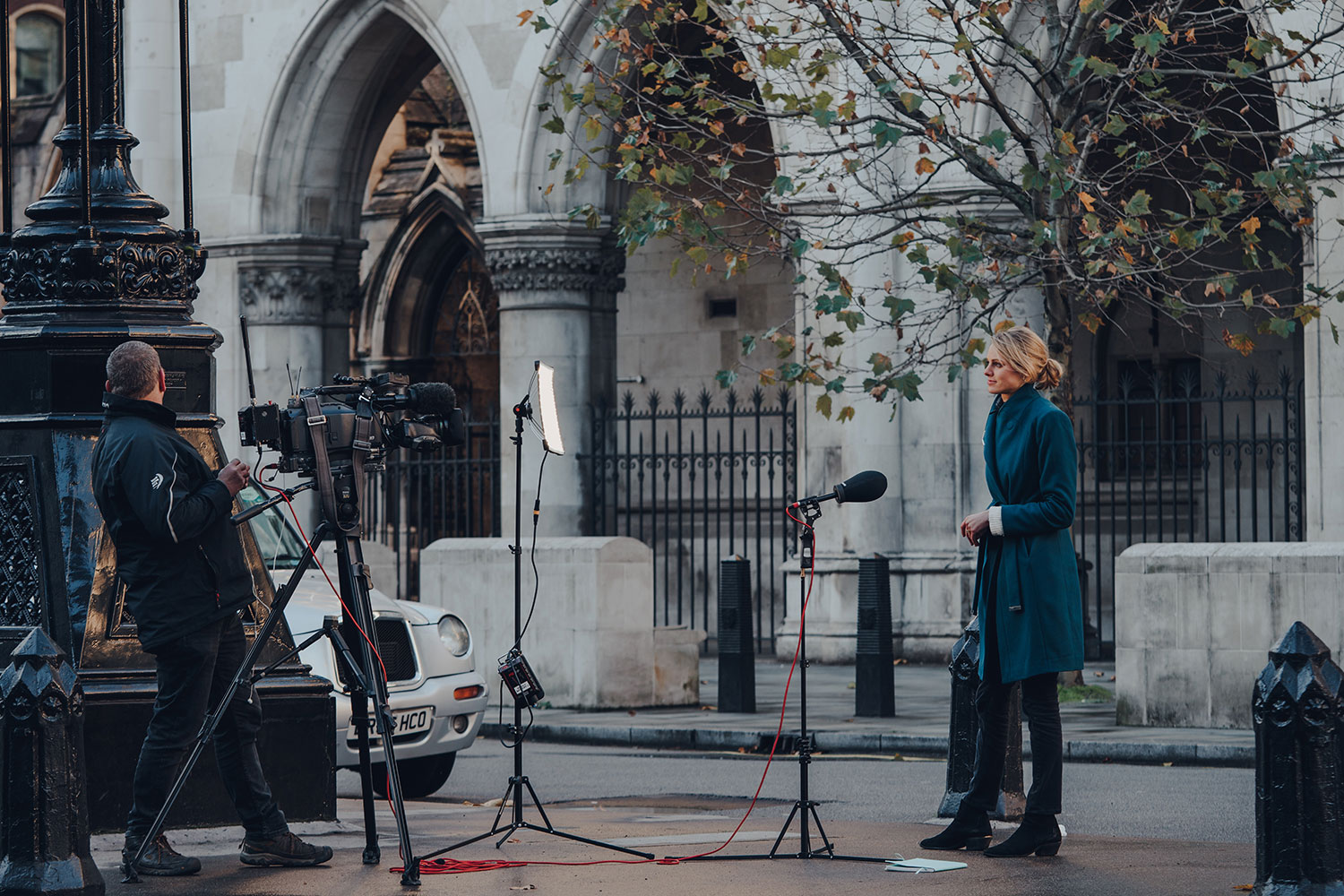MasterCard Consumer Claim
Why has this website been created?
This website has been created to provide information about a collective consumer claim against Mastercard that has been filed with the Competition Appeal Tribunal by Walter Merricks CBE (the class representative) on behalf of a “class” of individuals.
What is the claim about?
The claim says that if between 22 May 1992 and 21 June 2008 you purchased goods and/or services from businesses selling in the UK that accepted Mastercard cards and you were resident in the UK for part of this period, you may have paid higher prices as a result of Mastercard’s unlawful conduct. The claim further says that although the unlawful conduct was brought to an end, these prices may have remained wrongly elevated for a further two years, namely up until 21 June 2010.
How am I involved?
You are automatically a member of the class if you (i) lived in the UK (for at least a continuous period of three months) between 22 May 1992 and 21 June 2008; (ii) were aged 16 or over during this time; (iii) (for non-business purposes) bought goods and services from businesses selling in the UK, irrespective of the means of payment used; and (iv) were living in the UK on 6 September 2016.
Those who wished to be excluded from the class had an opportunity during the opt-out/opt-in period (between 2 December 2022 and 2 March 2023) to opt out and be excluded. Those who were living abroad on 6 September 2016 also had an opportunity during that period to join the class by opting in. See the FAQ section for more information.
About
About the Claim
Consumers who made purchases from businesses selling in the UK between 1992 and 2008 could be affected by a collective consumer claim against Mastercard.
This website has been created to provide information about a collective consumer claim against Mastercard that has been filed with the Competition Appeal Tribunal (the “Tribunal”) by Walter Merricks CBE (the class representative) on behalf of a “class” of individuals.
The claim follows a legal finding of the European Commission that Mastercard imposed unlawful fees on transactions processed through its network. These fees were paid by businesses for accepting payments made with a Mastercard credit or debit card in the period 1992 to 2008. More than half a million businesses in the UK, including major supermarkets, that accepted Mastercard cards in the relevant period, paid these unlawful fees, and it is alleged passed these on to consumers in higher retail prices.
The claim says that if between 22 May 1992 and 21 June 2008 you purchased goods and/or services from businesses selling in the UK that accepted Mastercard cards, at a time at which you were both (1) a resident in the UK for a continuous period of at least three months, and (2) aged 16 years or over, you paid higher prices as a result of Mastercard’s unlawful conduct – irrespective of the means of payment you used. The claim has been brought on behalf of the class of individuals who meet these conditions except people who work for Mastercard or lawyers or judges in the case. If you meet these conditions, the claim also says that you paid higher prices until 21 June 2008, and possibly for two years thereafter, until 21 June 2010, during what is known as a “run-off period”, and so the claim also seeks to recover losses during the run-off period.
Although Mr Merricks filed his claim in 2016, it was disallowed by the Tribunal, so he appealed to the Court of Appeal which overturned the Tribunal’s decision. Mastercard appealed against that decision to the Supreme Court which upheld Mr Merricks’ claim in December 2020. The case was remitted to the Tribunal for redetermination, and a hearing took place on 25-26 March 2021 to consider whether the claim should be allowed to proceed. Judgment following that hearing was handed down on 18 August 2021, with the Tribunal finding that Mr Merricks’ claim was both eligible and suitable to be certified as a collective proceeding, the first of its kind in UK legal history. A case management hearing took place in January 2022 and in a judgment handed down on 9 March 2022, the Tribunal confirmed that class members who have died since the claim was filed on 6 September 2016, and those who die before the action is concluded, will be succeeded in the proceedings by the personal/authorised representative of their estate. Mastercard appealed the 9 March 2022 judgment to the Court of Appeal, which dismissed the appeal on 29 November 2022.
The Tribunal subsequently decided to split the case into several issues to be determined at separate hearings. We give a brief summary below of the status of key issues. For more detail, see the timeline page. At a later date, the Tribunal will set directions for the resolution of the other remaining issues including the counterfactual and quantum.
-
Causation and Value of Commerce: A hearing to determine: (i) whether there was a relevant causal link between the levels of EEA MIFs and the levels of domestic interchange fees; and (ii) what the volume of Mastercard’s commerce was (to assist calculation of consumers’ loss) was heard between the 5–28 July 2023. The judgment following this hearing was handed down on 26 February 2024.
1. Mr Merricks prevailed on three key points. The Tribunal accepted Mr Merricks’ submissions on the interpretation of the relevant rules, finding that the unlawful intra-EEA interchange fees applied as a default in the UK (which will have important implications for the future of the case). The Tribunal also held that ‘on-us’ transactions which involve the same issuing and acquiring bank in the transaction did have an interchange fee applied to them, contrary to the arguments of Mastercard. The value of winning on this issue represents 18% of the volume of commerce. The Tribunal also found that Mastercard’s interchange fees were not set by reference to cost studies (which was a key pillar of Mastercard’s defence).
2. Mr Merricks is disappointed with the Tribunal’s finding on whether there was a factual causal link between the EEA MIFs and domestic interchange fees. Mr Merricks considers that the Tribunal failed to properly consider the factual evidence before it to and also went beyond the legally permissible findings it could make. Mr Merricks is actively considering whether to appeal the Tribunal’s decision on this issue.
3. It is important to note that, contrary to press statements issued on behalf of Mastercard, the scope of Mr Merricks’ claim has not been reduced by the judgment. As expressly recognised by the Tribunal in the judgment, it was addressing “the first stage in the chain of causation”, and the determination of the legal issue of causation will address what would have happened in the absence of the unlawful interchange fees charged by Mastercard. This is why it is still open for Mr Merricks to succeed on the full value of the claim.
- Preliminary issues, including exemptibility, applicable law, and certain limitation/prescription points. A hearing on certain ‘preliminary’ issues was held between 12–17 January 2023. The Tribunal handed down its ruling on 21 March 2023, in which Mr Merricks won the exemptibility and applicable law issues. Both Mr Merricks and Mastercard have lodged appeals relating to the issues decided against them. An appeal on exemptibility, as well as the applications for permission to appeal on the other issues, will be heard by the Court of Appeal on 1–3 May 2024.
- Limitation: A hearing to determine whether some of the claims brought by Mr Merricks are time-barred to the extent the cause of action arose prior to 20 June 1997 was heard between 15 – 26 January 2024 (with 6 sitting days). The judgment is pending.
- Pass-on: A hearing was held between 10–11 January 2024 to determine the evidential approach that should be taken to the pass-on issue. No judgment will be issued in respect of the hearing, instead the Tribunal indicated the approach that the parties’ experts should take and provided certain directions which it expects the parties’ experts to work on together. The Tribunal will continue to manage the proceedings through fortnightly case management conferences. This hearing was part of the related merchant proceedings in which the Tribunal has ordered that Mr Merricks participate for now (see below). A trial to determine the pass-on issues in the merchant proceedings will be held between 11 November – 20 December 2024 and 31 March – 4 April 2025, which Mr Merricks is currently preparing to participate in.
The Tribunal is currently considering whether the pass-on issues in Mr Merricks’s claim should be tried in joint hearings alongside similar issues in claims that have been brought by hundreds of merchants and other businesses against Mastercard (and Visa) relating to similar (and in some cases the same) interchange fees. The pass-on issues are specifically: (a) whether, and to what level, banks passed on the costs of the unlawful fees to merchants and other businesses; and (b) whether, and to what level, merchants and other businesses passed these costs on to consumers.
The Tribunal has stated that it will determine whether the pass-on issue should be heard in joint hearings alongside the merchant claims after the pass-on evidence each party will rely on becomes clear, but that Mr Merricks should participate in a data collection process that has arisen from the 10-11 January 2024 evidential hearing. The Tribunal has previously noted that it considers Mr Merricks’ participation to be beneficial and is minded to approve his participation in Trial 2.
Latest News
See What's in the News
GCR
6 Oct 2023
CAT sets trial roadmap for pass-on in interchange fee class actions (Subscription Required)
The UK’s specialist competition tribunal has laid out a blueprint for a trial to assess pass-on that will affect thousands of interchange fee claims after the parties failed to agree on how to address the issue.
GCR
27 Jul 2023
Interchange fee claimants can’t rely on EU limitation law, CAT rules (Subscription Required)
Interchange fee claimants have suffered a significant blow after the UK’s specialist competition tribunal held that EU statute of limitation rules do not apply to their claims – a decision that could be worth billions of pounds in damages.
GCR
27 Jul 2023
Mastercard’s unlawful EEA interchange fees influenced UK rates, Merricks argues (Subscription Required)
Mastercard has failed to demonstrate its anticompetitive European interchange fees did not act as a “starting point” in negotiations between banks to set UK rates, counsel to Walter Merricks has argued to the country’s specialist competition tribunal.


